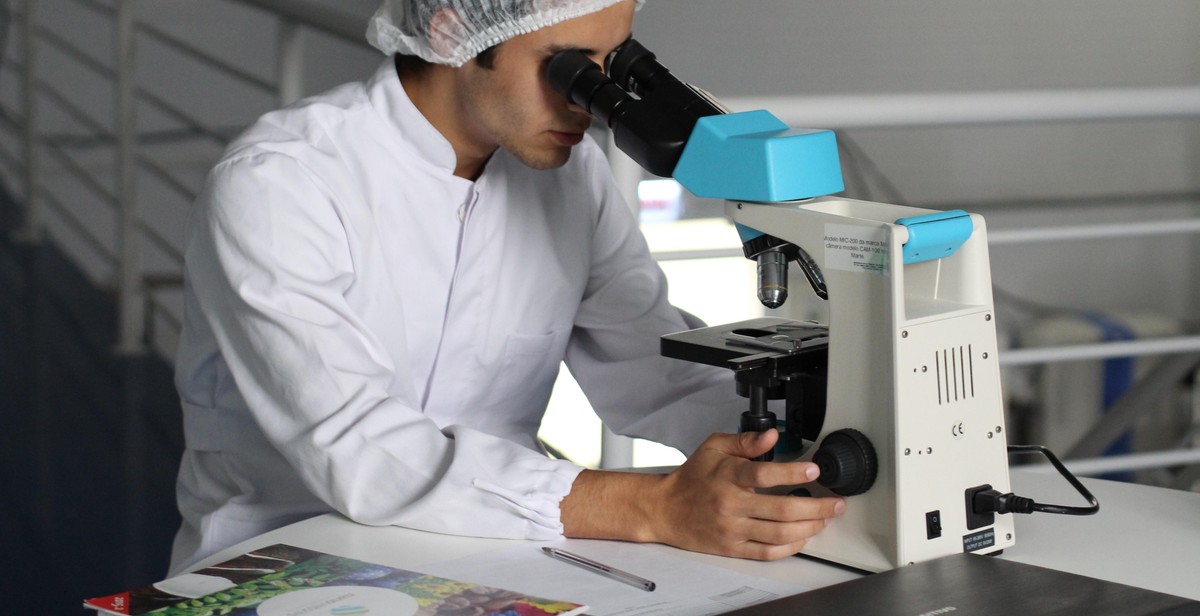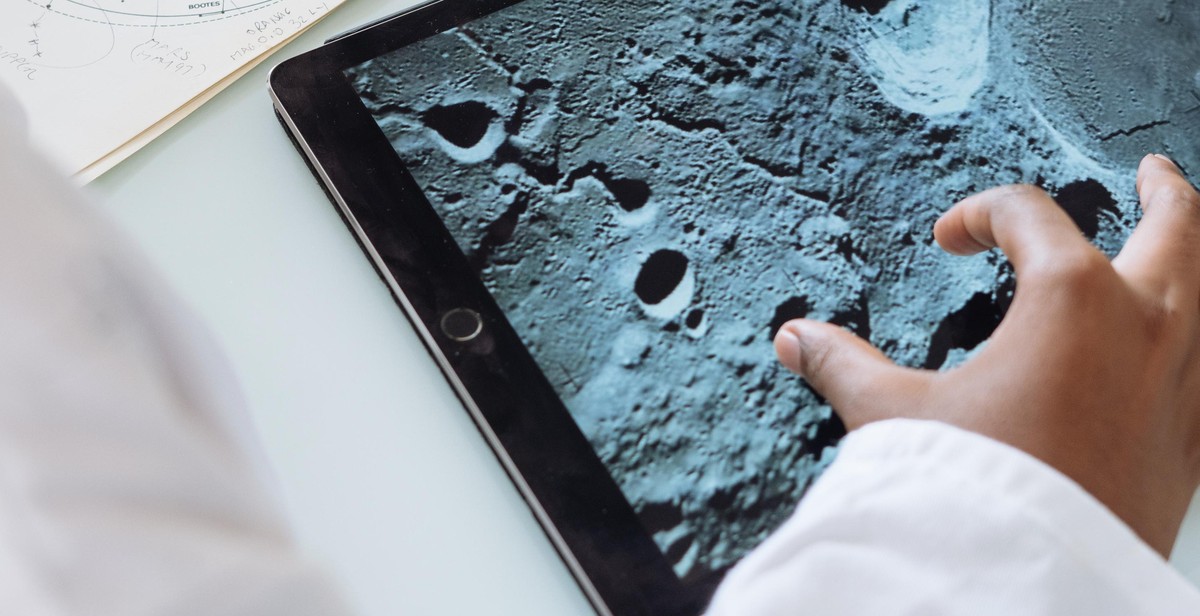How to Start a Career in Forensic Science: Education and Job Opportunities in the Field
If you have a passion for solving crimes and want to use your skills to help bring criminals to justice, a career in forensic science may be the perfect fit for you. Forensic science is the application of scientific methods and techniques to the investigation of crimes and the legal system. It involves analyzing evidence, interpreting data, and presenting findings in court to help solve crimes.
Education Requirements
Forensic science is a highly specialized field that requires a strong educational background. Most forensic scientists have a bachelor’s degree in a natural science such as chemistry, biology, or physics. Some may also have a degree in forensic science or a related field.
Additionally, many forensic science positions require a graduate degree, such as a Master of Science in Forensic Science or a Doctor of Philosophy in Chemistry. These advanced degrees provide a deeper understanding of forensic science and its applications, as well as specialized training in specific areas of forensic science.
Job Opportunities
Forensic science offers a wide range of job opportunities, including crime scene investigators, forensic analysts, and forensic scientists. These professionals work in a variety of settings, including law enforcement agencies, crime labs, and medical examiner’s offices.
Forensic science is a rapidly growing field, with job opportunities expected to increase in the coming years. According to the Bureau of Labor Statistics, employment of forensic science technicians is projected to grow 14 percent from 2018 to 2028, much faster than the average for all occupations.
Conclusion
Starting a career in forensic science requires a strong educational background and a passion for solving crimes. With the right education and training, you can find a rewarding career in this exciting field.

What is Forensic Science?
Forensic science is the application of scientific methods and techniques to solve crimes and legal disputes. It involves the collection, analysis, and interpretation of physical evidence from crime scenes or other forensic investigations.
Defining Forensic Science
Forensic science is a multidisciplinary field that draws upon various scientific disciplines, including chemistry, biology, physics, and computer science. The goal of forensic science is to provide objective and scientific evidence that can be used in legal proceedings.
Forensic scientists use a wide range of techniques to analyze physical evidence, including DNA analysis, fingerprint analysis, ballistics analysis, and forensic pathology. They also use specialized equipment, such as microscopes, spectrophotometers, and chromatographs, to analyze evidence.
History of Forensic Science
The history of forensic science dates back to ancient civilizations, such as the Chinese, who used fingerprints to identify documents and clay sculptures. The first recorded use of forensic science in a criminal investigation occurred in 1248, when a Chinese book described how to distinguish drowning from strangulation based on the presence of water in the lungs.
Modern forensic science began to emerge in the late 19th century, with the development of techniques such as fingerprint analysis and ballistics analysis. The field continued to evolve throughout the 20th century, with the introduction of DNA analysis and other advanced techniques.
Today, forensic science plays a critical role in the criminal justice system, helping to solve crimes and exonerate the innocent. It is a fascinating and constantly evolving field that offers numerous opportunities for those interested in pursuing a career in forensic science.

Education Requirements for a Career in Forensic Science
Forensic science is a highly specialized field that requires a strong educational background. A combination of undergraduate and graduate degrees, as well as certifications and licenses, are necessary to start a career in forensic science.
Undergraduate Degree
Most entry-level forensic science jobs require a minimum of a bachelor’s degree in forensic science, chemistry, biology, or a related field. Coursework typically includes forensic science principles, criminal law, and laboratory techniques. Students may also have the opportunity to specialize in specific areas such as DNA analysis or toxicology.
Graduate Degree
While a bachelor’s degree may be sufficient for some forensic science positions, many employers prefer candidates with a master’s degree in forensic science or a related field. A graduate degree can provide more specialized knowledge and research opportunities, as well as increase job prospects and earning potential.
Certifications and Licenses
Many forensic science professionals pursue certifications and licenses to further their education and demonstrate their expertise. The most common certifications include the American Board of Criminalistics (ABC) certification and the Forensic Science Certification Board (FSCB) certification. Additionally, some states require forensic scientists to be licensed in order to practice.
| Education Level | Minimum Requirements |
|---|---|
| Bachelor’s Degree | Minimum of a bachelor’s degree in forensic science, chemistry, biology, or a related field |
| Master’s Degree | Master’s degree in forensic science or a related field |
| Certifications and Licenses | American Board of Criminalistics (ABC) certification and/or Forensic Science Certification Board (FSCB) certification; state licensing may be required |
Overall, a strong educational background is essential for a successful career in forensic science. Pursuing specialized coursework and certifications can also increase job opportunities and earning potential in this exciting field.

Job Opportunities in Forensic Science
Forensic science is a rapidly growing field with a wide range of job opportunities available. Graduates with a degree in forensic science can find employment in various sectors such as crime labs, law enforcement agencies, private companies, and academia.
Crime Labs
Crime labs are government-run facilities that analyze and process evidence collected from crime scenes. Forensic scientists working in crime labs use scientific methods and techniques to analyze evidence and help solve crimes. Job positions in crime labs include forensic scientist, forensic technician, DNA analyst, ballistics expert, and toxicologist.
Law Enforcement Agencies
Law enforcement agencies such as the FBI, DEA, and ATF also employ forensic scientists to help investigate and solve crimes. Forensic scientists working for law enforcement agencies may specialize in areas such as firearms, explosives, fingerprints, or digital forensics. Job positions in law enforcement agencies include crime scene investigator, forensic examiner, and forensic analyst.
Private Companies
Private companies also hire forensic scientists to assist in investigations or legal proceedings. Private companies that may employ forensic scientists include consulting firms, insurance companies, law firms, and pharmaceutical companies. Job positions in private companies include forensic consultant, expert witness, and forensic accountant.
Academia
Academia offers job opportunities in forensic science for individuals interested in research, teaching, and administration. Forensic science professors may teach courses in forensic science, biology, chemistry, or criminal justice. Job positions in academia include forensic science researcher, forensic science professor, and forensic science program director.
| Employer | Job Positions |
|---|---|
| Crime Labs | Forensic scientist, forensic technician, DNA analyst, ballistics expert, toxicologist |
| Law Enforcement Agencies | Crime scene investigator, forensic examiner, forensic analyst |
| Private Companies | Forensic consultant, expert witness, forensic accountant |
| Academia | Forensic science researcher, forensic science professor, forensic science program director |

Skills Required for a Career in Forensic Science
If you want to start a career in forensic science, there are several skills that you need to possess. Forensic science involves the application of scientific methods and techniques to solve crimes. Here are some of the essential skills required for a career in forensic science:
Attention to Detail
Forensic science requires a high level of attention to detail. As a forensic scientist, you will be dealing with evidence, and even the smallest detail can make a difference in solving a crime. You need to be meticulous and thorough in your work, paying close attention to every detail that could be relevant to the case.
Critical Thinking
Forensic science also requires critical thinking skills. You need to be able to analyze evidence and information objectively, considering all possible scenarios and explanations. You need to be able to think logically and creatively to come up with solutions to complex problems.
Communication Skills
Effective communication skills are also essential for a career in forensic science. You need to be able to communicate your findings and conclusions clearly and concisely, both verbally and in writing. You may also need to testify in court, so you need to be comfortable with public speaking and presenting complex information to a lay audience.
Technology Skills
Forensic science involves the use of advanced technology and equipment. You need to be comfortable working with computers, software programs, and other technology used in the field. You also need to be able to adapt to new technology as it becomes available.
Overall, a career in forensic science requires a unique combination of skills, including attention to detail, critical thinking, communication skills, and technology skills. If you possess these skills and have a passion for solving crimes, then a career in forensic science may be the right choice for you.

Salary Expectations in Forensic Science
Forensic science is a highly specialized and demanding field that requires years of education and experience. As such, forensic scientists are well-compensated for their skills and expertise.
Entry-Level Salaries
Entry-level forensic scientists can expect to earn an average salary of $50,000 to $60,000 per year. However, this can vary depending on the specific job and location. For example, forensic scientists working in larger cities may earn more than those in smaller towns.
Additionally, those with advanced degrees or certifications may earn higher salaries than those with just a bachelor’s degree.
Experienced Forensic Scientists
Experienced forensic scientists can earn significantly more than entry-level professionals. Those with 5-10 years of experience can expect to earn an average salary of $80,000 to $90,000 per year, while those with more than 10 years of experience can earn upwards of $100,000 per year.
Specializations and Salaries
Forensic science is a broad field with many different specializations, and salaries can vary widely depending on the specific area of expertise. For example, forensic DNA analysts can earn an average salary of $70,000 to $80,000 per year, while forensic pathologists can earn upwards of $200,000 per year.
Conclusion
Overall, forensic science is a rewarding and lucrative career path for those with a passion for science and criminal justice. With the right education and experience, professionals in this field can earn a comfortable salary while making a difference in the justice system.

Conclusion
Forensic science is a fascinating field that requires a combination of skills and education to be successful. It is a field that offers many job opportunities for individuals who are interested in solving crimes and helping to bring justice to victims and their families.
Educational Requirements
To start a career in forensic science, you need a minimum of a bachelor’s degree in a relevant field such as chemistry, biology, or forensic science. However, to advance in the field and have better job opportunities, a master’s degree or a Ph.D. is highly recommended.
Job Opportunities
Forensic science offers a wide range of job opportunities in various fields such as crime laboratories, law enforcement agencies, medical examiners’ offices, and private forensic consulting firms. These jobs require a combination of technical and analytical skills, attention to detail, and the ability to work under pressure.
Continuing Education
Forensic science is a constantly evolving field, and continuing education is crucial to staying up-to-date with the latest technologies and techniques. Forensic scientists can attend workshops, conferences, and training programs to enhance their skills and knowledge.
Final Thoughts
Starting a career in forensic science is a long and challenging journey, but it can be rewarding and fulfilling for those who are passionate about solving crimes and bringing justice to victims. With the right education, skills, and experience, you can have a successful career in this exciting field.
| Pros | Cons |
|---|---|
| Exciting and rewarding career | Can be emotionally draining |
| Job security and growth opportunities | Requires extensive education and training |
| Opportunity to help solve crimes and bring justice to victims | Can be stressful and require long hours |
